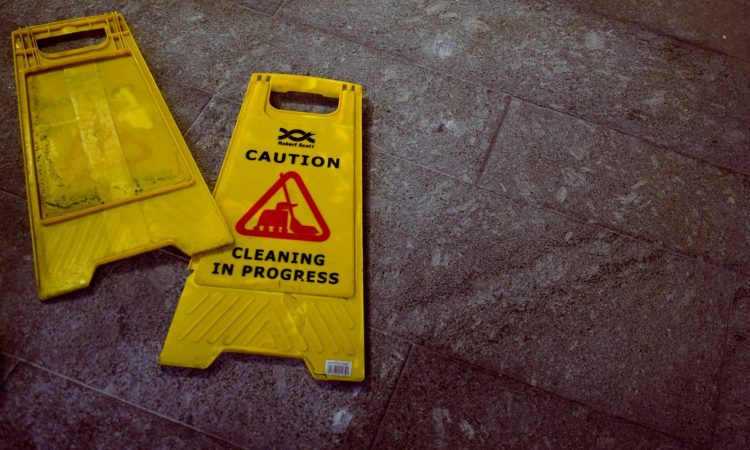What are my rights when buying a second hand car?
Buying a car second-hand can be a potential minefield, especially for those who have never done it before. The legal implications that come with buying a used vehicle are tricky, and here at Hopkins, we want to make sure everyone understands their rights when it comes to these big, important purchases. Read on for our guide to buying a second hand car, and knowing your rights whilst doing so.
The first thing you’ll need to bear in mind is that your rights as a consumer all depend on where and who you buy the car from. If you buy a car at an auction or from a private seller, you may have less protection from the law than you would if you were buying from a verified dealer – this is always worth bearing in mind if you are a total novice at buying cars.
Car dealers generally are the safest way to acquire a new car – they offer high levels of legal protection and concrete policies in place if the vehicle is faulty or needs to be returned. Dealers are obliged to make sure the car is in a fit state before selling it – and that includes verifying things like the mileage, previous owners and registration plates.
Consumers are protected when buying from registered dealers because of the Sale of Goods Act. This Act states that any item a consumer buyers from a trader must be fit for purpose, of satisfactory quality, and exactly as described in any advertisements. So if a dealer falsifies information, gives insufficient information about a vehicle, or fails to act in accordance with reasonable expectations for a trader, they could well be in breach of the Act – which gives the client grounds to make a claim against them.
But what about second hand cars bought privately? Does the UK have an Act or a piece of legislation in place to protect private vehicle buyers? The answer is no. Much of the Sale of Goods Act doesn’t apply to those buying from a private seller – there isn’t even a requirement that the car must be fit for purpose!
However, private sellers are legally obliged to accurately describe the vehicle (lying about how many owners the car has had, or how old it is, is illegal). They are also banned from misrepresenting the car – which means telling the client something about the vehicle which isn’t true. The owner must be totally truthful about the state of the car – and it must also be roadworthy on the day it is sold.
If you have any concerns about your rights when buying a second hand car, get in touch with our team at Hopkins today or for more information on consumer disputes click here.
Request a CallbackRelated Articles
-

Stay Safe This Half-Term: A Guide to Avoiding Injuries During the Easter School Holidays
With the Easter school holidays just around the corner, families are gearing up for a well-deserved break from the usual…
-

I am a landlord and my commercial tenant is insolvent – what are my options?
For landlords of commercial premises, dealing with potential insolvent tenants can be a challenging situation as it involves both legal…
-

Navigating the Complexities of Capacity Challenges in Will Disputes
Losing a loved one is difficult enough, but inheritance disputes can add another layer of stress. One common issue is…